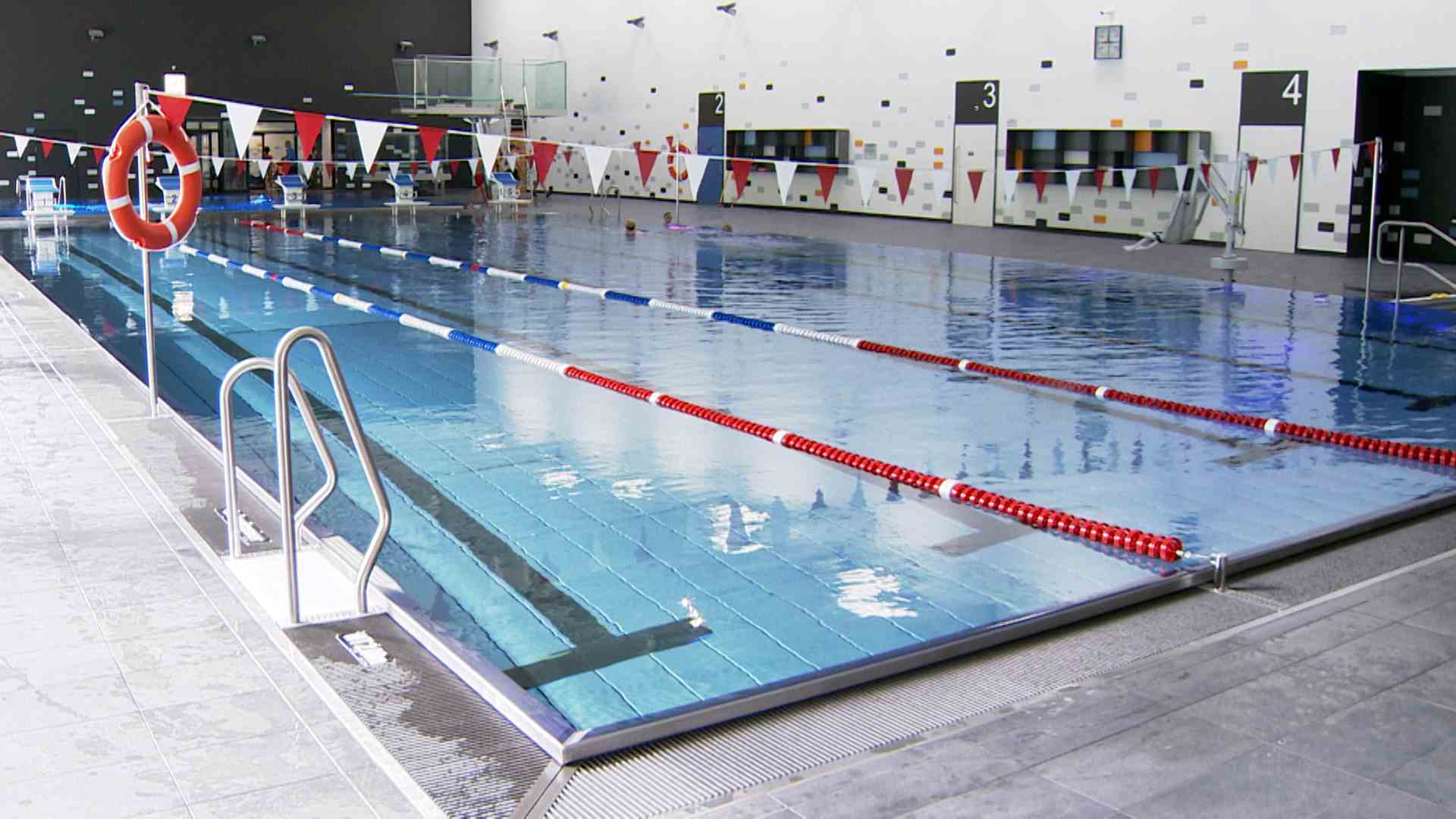Status: 05/18/2022 10:44 a.m
The Federal Network Agency has given details of who would still be supplied in the event of a Russian gas supply stop in Germany – and who would not. The head of the authority, Müller, names a consumption limit for companies.
The apartment stays warm, the swimming pool stays closed – these are two of the key points that Klaus Müller, President of the Federal Network Agency, mentions in the event of an acute gas shortage. According to this, private households would continue to be supplied with gas as “protected customers” even in the event of a Russian supply stop, as would the fire brigade, police, hospitals, schools, daycare centers, prisons or the German armed forces.
Even commercial enterprises with a consumption of up to 1.5 million kilowatt hours of gas per year need not worry, said Müller of the “Frankfurter Allgemeine Zeitung” – including bakeries and supermarkets.
In industry, on the other hand, emergency care will depend on six criteria. For example, the network agency would assess the importance of a company for the supply of the general public. This plays a role, for example, in food and medicines, says Müller. In addition, the economic and business damage in the event of a shutdown is examined: In some industries, production facilities break down if they are not permanently supplied with gas.
Many jobs depend on gas
A large part of the total industrial gas consumption in Germany is accounted for by large-scale consumers with a consumption of more than ten megawatt hours per hour. “That’s about 2,500 companies,” said Müller.
Recreational facilities such as swimming pools and fun pools would have to be the first to adapt to shutdowns. “If an emergency arises, it makes sense to first intervene in the leisure sector before we reduce or shut down industrial companies, on which many jobs and important products depend,” said the head of the authority. Ideally, however, this should not happen at all.
“Then no longer live happily and easily”
It is not possible to put the criteria in a clear order. “We have to realize that the gas shortage is a real crisis. Life is then no longer happy and relaxed, and I am therefore sure that such interventions would be understood,” said Müller.
In the event of a gas bottleneck, the Federal Network Agency determines who gets how much gas. The authority could also order increased gas production, consumption reductions for non-protected customers or withdrawal from gas storage facilities. As one of the last measures, the authority reserves the right to order a reduction in consumption for protected customers – including private households. However, the gas storage facilities in Germany should be properly filled again by the start of the cold season.
With information from Hans-Joachim Vieweger, ARD capital studio

